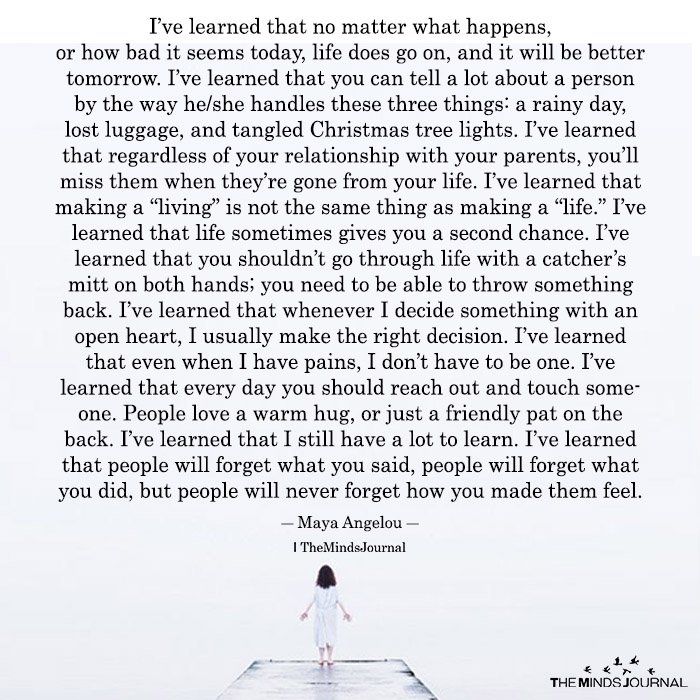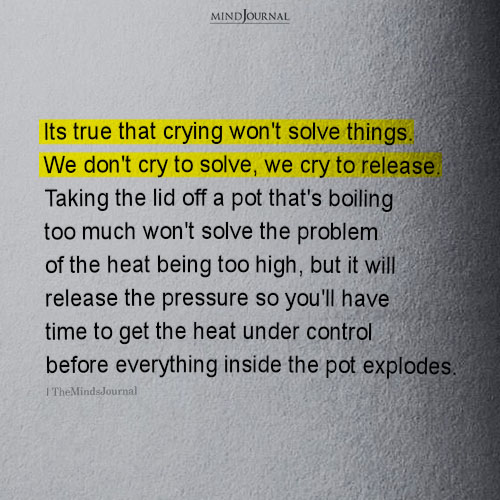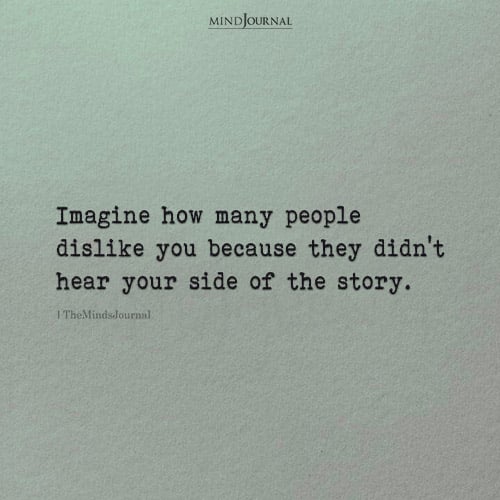“I’ve learned that no matter what happens, or how bad it seems today, life does go on, and it will be better tomorrow.
I’ve learned that you can tell a lot about a person by the way he/she handles these three things: a rainy day, lost luggage, and tangled Christmas tree lights. I’ve learned that regardless of your relationship with your parents, you’ll miss them when they’re gone from your life.
I’ve learned that making a “living” is not the same thing as making a “life.”
– Maya Angelou
I’ve learned that life sometimes gives you a second chance.
I’ve learned that you shouldn’t go through life with a catcher’s mitt on both hands; you need to be able to throw something back.
I’ve learned that whenever I decide something with an open heart, I usually make the right decision.
I’ve learned that even when I have pains, I don’t have to be one.
I’ve learned that every day you should reach out and touch someone. People love a warm hug, or just a friendly pat on the back.
I’ve learned that I still have a lot to learn.
I’ve learned that people will forget what you said, people will forget what you did, but people will never forget how you made them feel.”
This quote by Maya Angelou, “I’ve learned that no matter what happens, or how bad it seems today, life does go on, and it will be better tomorrow.” encapsulates a series of profound life lessons that collectively form a guide to living with resilience, empathy, and authenticity. Here’s a detailed breakdown of its meaning:
“I’ve learned that no matter what happens, or how bad it seems today, life does go on, and it will be better tomorrow”:
Angelou begins with a message of hope and resilience. She acknowledges that hardships and difficult times are inevitable, but emphasizes the enduring nature of life and the promise of better days ahead. This perspective encourages perseverance and optimism, even in the face of adversity.
“I’ve learned that you can tell a lot about a person by the way he/she handles these three things: a rainy day, lost luggage, and tangled Christmas tree lights”:
This observation highlights the importance of character and attitude. Angelou suggests that a person’s true nature is revealed in how they handle minor inconveniences and frustrations. These situations, though seemingly trivial, can showcase patience, adaptability, and a sense of humor.
“I’ve learned that regardless of your relationship with your parents, you’ll miss them when they’re gone from your life”:
This reflection underscores the deep and irreplaceable bond between children and parents. It recognizes that even complex or strained relationships are rooted in a profound connection that leaves a lasting void when parents pass away. This insight emphasizes the importance of cherishing and valuing our loved ones.
“I’ve learned that making a ‘living’ is not the same thing as making a ‘life’”:
Angelou distinguishes between the pursuit of financial stability or career success and the creation of a fulfilling, meaningful life. This lesson encourages a focus on personal happiness, relationships, and experiences rather than solely on material achievements.
“I’ve learned that life sometimes gives you a second chance”:
This statement offers a message of redemption and opportunity. Angelou acknowledges that life provides opportunities for renewal and growth, even after setbacks or failures. It encourages embracing second chances with hope and determination.
“I’ve learned that you shouldn’t go through life with a catcher’s mitt on both hands; you need to be able to throw something back”:
Here, Angelou advocates for reciprocity and engagement. She suggests that life should not be approached with a solely receptive attitude, but also with a willingness to contribute and give back. This lesson emphasizes the importance of active participation and generosity in our interactions.
“I’ve learned that whenever I decide something with an open heart, I usually make the right decision”:
Angelou highlights the value of making decisions with honesty, vulnerability, and empathy. She suggests that an open-hearted approach leads to better choices, as it aligns with our true values and fosters genuine connections.
“I’ve learned that even when I have pains, I don’t have to be one”:
This lesson advocates for maintaining kindness and consideration for others, even in the midst of personal suffering. Angelou emphasizes the importance of not letting personal pain translate into negativity or unkindness towards others.
“I’ve learned that every day you should reach out and touch someone. People love a warm hug, or just a friendly pat on the back”:
Angelou underscores the power of simple acts of kindness and physical affection. She suggests that daily gestures of warmth and connection can have a profound impact on others, fostering a sense of community and support.
“I’ve learned that I still have a lot to learn”:
This acknowledgment of lifelong learning reflects humility and openness to growth. Angelou emphasizes that no matter how much we know, there is always more to discover and understand.
“I’ve learned that people will forget what you said, people will forget what you did, but people will never forget how you made them feel”:
Angelou concludes with a powerful reminder of the lasting impact of emotional engagement. She suggests that the way we make others feel—through kindness, empathy, and compassion—leaves a lasting impression that transcends words and actions.
In essence, this quote by Maya Angelou offers a comprehensive guide to living a meaningful and compassionate life. It emphasizes resilience, empathy, humility, and the importance of emotional connections. By embracing these lessons, we can navigate life’s challenges with grace and leave a positive, lasting impact on those around us.
Read: 50 Beautiful Maya Angelou Quotes That Celebrate Love and Life
Maya Angelou Quotes, quotes about maya angelou, best maya angelou quotes, short maya angelou quotes, famous maya angelou quotes, maya angelou quotes about life, Life Quotes, quotes about life, life quotes deep, live life quotes, best life quotes, living life quotes, positive life quotes









Leave a Reply